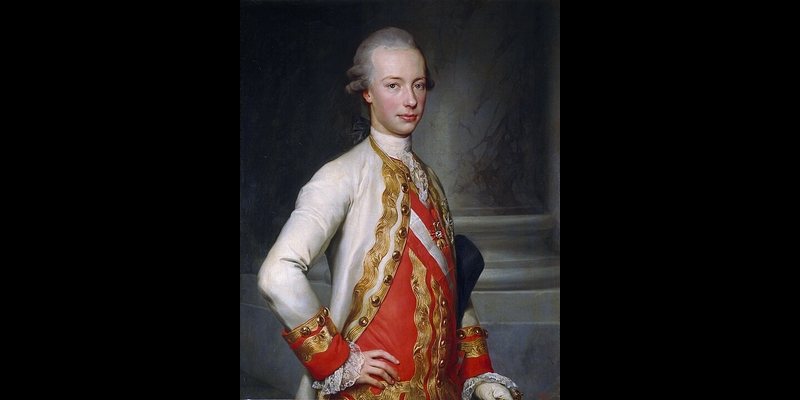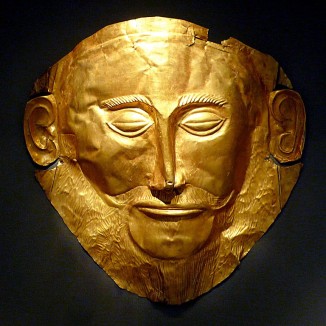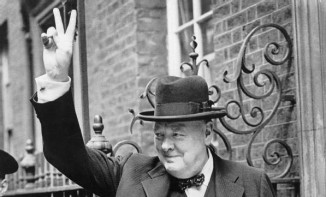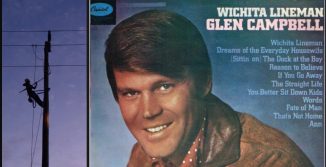238 years ago today is celebrated as the first known date of the abolition of the death penalty in a Western nation-state. Commemorated today as Cities for Life Day, the decision came in the realm of Grand Duke Leopold II of Tuscany. Pietro Leopoldo would later become Leopold II, the Holy Roman Emperor. READ how he came to the decision… (1786)

Cesare Beccaria was one of the greatest Italian Enlightenment writers, who was noted for his masterpiece Of Crimes and Punishments (1764), which was later translated into 22 languages. In it, Beccaria put forth some of the first modern arguments against the death penalty. His treatise was also the first full work of penology, advocating reform of the criminal law system.
So it was that Tuscany was the first civil state in the world to do away with torture and capital punishment.
On this day, participating cities illuminate a symbolic monument, such as the Atomium in Brussels, the Colosseum in Rome, and the Plaza de Santa Ana in Madrid. Participating cities in 2009 include more than 60 capitals worldwide, and over 1,200 cities and towns around the world, such as Rome, Brussels, Madrid, Ottawa, Mexico City, Berlin, Barcelona, Florence, Venice, Buenos Aires, Antwerp, Vienna, Naples, Paris, Copenhagen, Stockholm, Reggio Emilia, Bogotá, Santiago de Chile.
MORE Good News on this Date:
- Leopold II, the Grand Duke of Tuscany in Italy, instituted penal reforms making his country the first state to abolish the death penalty in modern times—and the day is commemorated by 300 cities around the world as Cities for Life Day (1786)
- The writer and humorist Mark Twain was born in Missouri (1835)
- Gaining independence from the UK on this date: Barbados (1966) and South Yemen (1967)
- The motion picture Gandhi, which went on to win eight Academy Awards, had its world premiere in the most fitting of cities, New Delhi, telling the biographical tale of Mohandas Gandhi, an Indian lawyer whose non-violent activism overthrew an empire (1982)
- Bill Clinton brought hope for peace to Northern Ireland and received a rapturous welcome as the first serving US president to visit the region (1995)
- Longtime Jeopardy! champion Ken Jennings collected a total of $2,520,700, television’s biggest game show winnings (2004)
- John Sentamu became the first black archbishop in the Church of England (2005)
- The Dave Matthews Band turned their tour-opening show in East Rutherford, NJ into a benefit concert, fulfilling a pledge to donate $1 million from ticket sales and merchandise to support Hurricane Sandy recovery efforts. (2012)
148 years ago today, the golden funerary “Mask of Agamemnon” was pulled from the remains of a tomb on Mycenae by archeologist Heimlich Schliemann in one of the most famous archaeological finds in history, not least because a debate on the authenticity of the mask remained heated for most of the 20th century. Today, the mask as a hammered gold artifact of ancient Mycenae is well-accepted, however it’s believed to predate the period of the Trojan War by about 400 years, making it the mask of someone else—Schliemann took to calling ‘him’ “Schulze.”

The mask was one of five discovered in the royal shaft graves at Mycenae. The faces and hands of two children in Grave III were covered with gold leaf, one covering having holes for the eyes. The faces of the men are not all covered with masks. That they were men and warriors was suggested by the presence of weapons in their graves. The quantities of gold and carefully worked artifacts indicated honor, wealth, and status.
Schliemann was pretty high on his own reputation, by accounts, after his discovery of the archeological remains of Troy. He took the discovery of the golden mask as proof that the Trojan War was a historical event. In any case, “issues” regarding unscrupulous behavior at the Troy excavations meant that a Greek archeologist was chosen as director of the Mycenae shaft grave expeditions, among whose responsibilities was chiefly to keep a close eye on Schilemann. (1876)
53 years ago today, Brian’s Song, about the friendship of Chicago Bears football teammates Brian Piccolo and Gale Sayers premiered on ABC in the U.S.. Starring James Caan and Billie Dee Williams, the TV movie based on Sayers’ autobiography (I Am Third), won a Grammy, a Peabody, and 5 Emmy Awards.

The story recounts the details of Brian Piccolo’s life, the NFL pro athlete stricken with terminal cancer in 1965.
Piccolo’s and Sayers’ sharply differing temperaments and racial backgrounds made them unlikely buddies in the 60s, but they became the first interracial roommates in NFL history, and Brian’s Song chronicles the evolution of their friendship, ending with Piccolo’s death. A huge success on TV, critics have called the movie one of the finest telefilms ever made. A definite “guy-cry” flick, it steered clear of overt sentimentality while expressing the genuine affection that the two men felt so deeply. WATCH the trailer… (1971)
150 years ago today, the famed British Prime Minister Winston Churchill was born.

Though he developed a lisp and stutter while spending a lot of time away from his parents, he played with army men, and went on to become a Major in the 2nd Battalion of the Grenadier Guards—and later, as the nation’s leader during her darkest time, led Britain to victory in World War II, giving inspiring speeches that encouraged bravery and endurance. He became the first Honorary Citizen of the United States and later the first British Prime Minister to win the Nobel Prize in Literature.
He said, “We shall fight in France, we shall fight on the seas and oceans, we shall fight with growing confidence and growing strength in the air, we shall defend our island, whatever the cost may be, we shall fight on the beaches, we shall fight on the landing grounds, we shall fight in the fields and in the streets, we shall fight in the hills; we shall never surrender. Let us therefore brace ourselves to our duties, and so bear ourselves, that if the British Empire and its Commonwealth last for a thousand years, men will still say, ‘This was their finest hour’.” (1874)
And, 24 years ago today, the Parliament instituted the Countryside and Rights of Way Act in England and Wales.

This ‘Right to Roam’ Act also led to a formalized Scottish version, preserving the tradition of unhindered access to uncultivated countryside, provided care is taken not to cause damage or interfere with farming and hunting. The act’s force (jus spatiandi) was applied to areas of ‘mountain, moor, heath and down’ in addition to registered common land. (2000)

And, 42 years ago today, Michael Jackson’s Thriller LP was released. Produced by Quincy Jones, and featuring a duet with Paul McCartney, it became the world’s best-selling album of all time, with estimated sales of 66 million copies. The first to be certified 33× multi-platinum, the album won a record-breaking eight Grammy Awards, with 7 top 10 singles, including Billie Jean, Beat It, The Girl Is Mine and Wanna Be Startin’ Somethin’—all of which Jackson wrote. (1982)

And, on this day in 1968, Glen Campbell’s album ‘Wichita Lineman’ hit #1 on the US album chart. The inspiration for that title song’s lyrics came to Jimmy Webb while he was driving through Washita County, Oklahoma. He was observing “an endless litany of telephone poles, each looking exactly the same.” Then, in the distance, he noticed the silhouette of a solitary lineman atop a pole—the picture of loneliness. Webb then imagined what the man might be saying into the phone. When the famed country singer who was hoping for another song like ‘By the Time I Get to Phoenix’ heard the tune that was written for him, he cried.
Dozens of other artists, like James Taylor and, guitarist Johnny A., have covered the timeless ballad. Coincidentally, Campbell also played his very last live performance in 2012 on November 30.
SHARE The Milestones, Memories, and Music…




















[…] post Good News in History, November 30 appeared first on The Good News […]